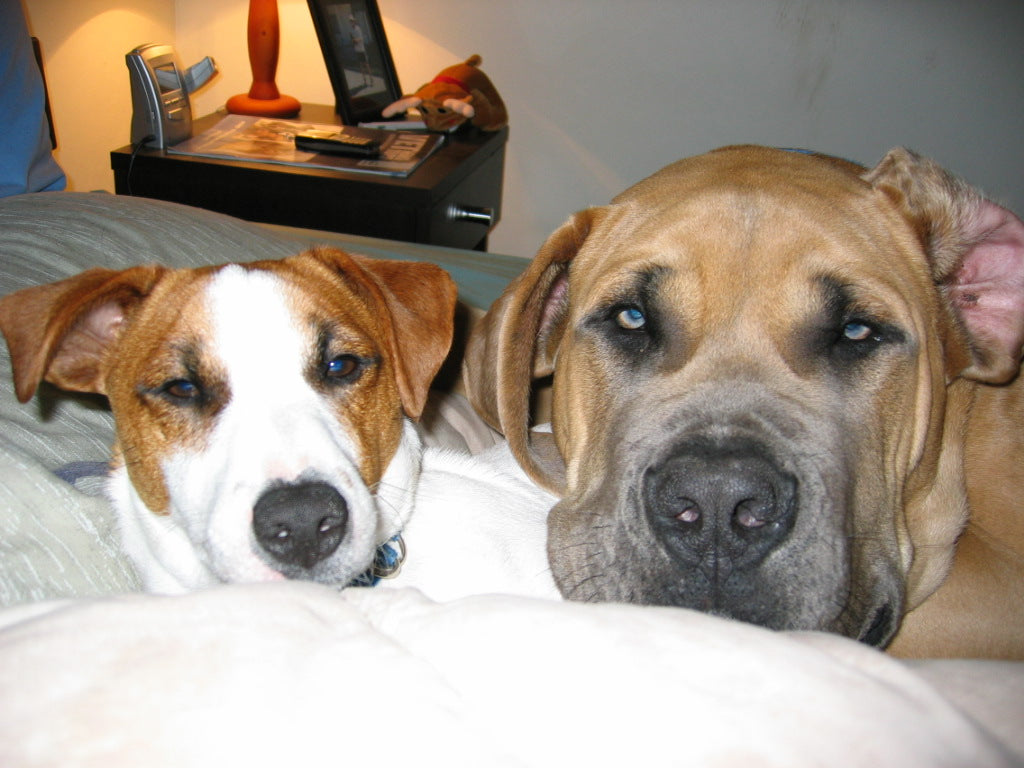
Vomiting
Share
Vomiting is a regular occurrence in my household. Between dogs that eat sticks and cats that ingest lizards, I find myself cleaning up patches of vomit more than what I’d like to admit.
Dogs are notorious for eating things they shouldn’t do. The more rotten and offensive the better.
Signs of nausea:
- Licking of lips
- Salivation
- Panting
- vomiting
If they manage to expel the offending material, the vomiting should stop. If it lingers for longer or starts passing through the gastrointestinal tract, the problem may escalate. Any dog that vomits for any length of time warrants a radiograph, and maybe also blood tests, if indicated.
The amount of strange objects I have removed from dog’s intestines that were causing an obstruction are countless….and colourful.
Once again, dehydration is of concern; even more so than with diarrhoea. Note what your pet is vomiting, this might give an important clue as to what the cause might be; e.g. water, undigested food, bones, worms, toys, blood, poisonous material, etc…

Cats mostly vomit for two reasons excluding gastrointestinal issues, hair balls and kidney disease. If you see hair in the vomitus, a commercial pet laxative will help sort the problem out. Any older cat that vomits chronically should have their kidneys investigated. I will go into more depth about cats and kidney problems in a later blog.
HOME INFO
- Home treatment for vomiting is tricky as keeping remedies in is key
- Start off with taking their normal food away, mostly animals that vomit won’t eat anyway, however they may start eating too soon and aggravating the situation.
- Avoid them eating grass, they do this to void their stomachs.
- Fast your pet for 4 hours, no food or water to give their stomachs a break
- If no vomiting after 4 hours, give some ice blocks to improve or maintain hydration
- If no vomiting after 6 hours, give some water
- If no vomiting after 8 hours, offer some soft food
- Boiled chicken and rice, or just rice for now – this is gentle on the stomach and helps absorb toxins.
- There are also various commercially available gastro-intestinal tins that will help feeding once vomiting has stopped.
- If they can’t keep down fluids they are at higher risk of dehydration and it also indicates that you are dealing with a more severe condition
- Herbal teas can be effective if offered in water or frozen into a block.
- Peppermint and Ginger are the most effective herbals to use in this case.
- Lifewave patches: Glutathione, Energy enhancer
When to seek out hands on veterinary help:
- If vomiting doesn’t stop
- If your pet does not keep fluids down, even after 8 hours of fasting
- Progressive lethargy
- Persistent, progressive diarrhea
- Dehydration (skin at the back of the neck remains up, tents, when pulled up)
- Bloating of abdomen, especially in large breed dogs.
Best of luck
Dr Sarah
